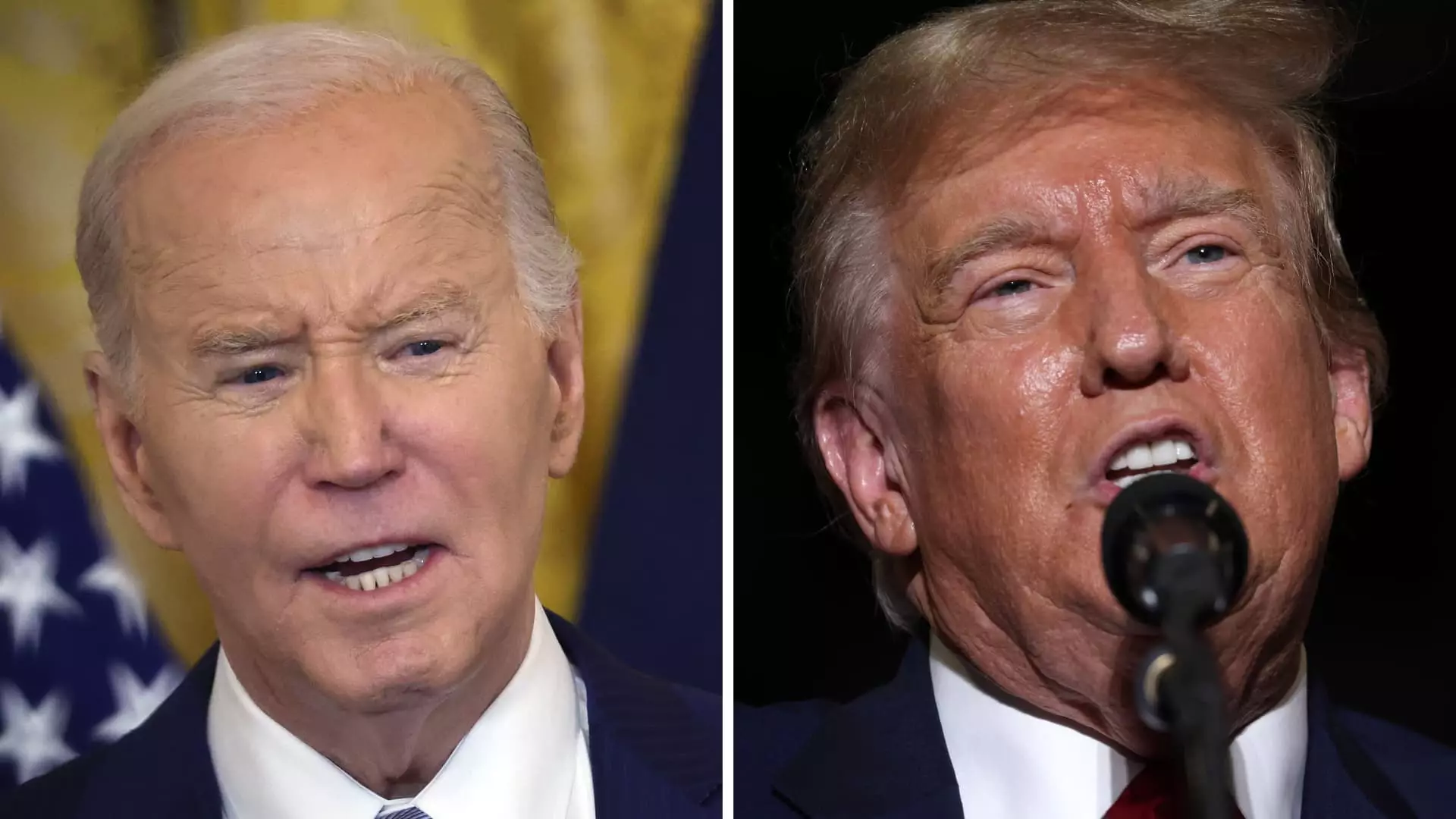The upcoming election season brings with it a critical issue that could have far-reaching effects on American taxpayers. Trillions in expiring tax breaks are up for debate, with the potential to significantly impact the tax liabilities of individuals across the country. Without extensions from Congress, these sunsets could lead to increased taxes for most Americans after 2025, creating a major financial burden for many households.
The Tax Cuts and Jobs Act of 2017, or TCJA, brought about a temporary reduction in taxes for most Americans. This legislation included lower federal income brackets, a higher standard deduction, and a more generous child tax credit, among other provisions. These changes were aimed at providing relief to taxpayers and stimulating economic growth. However, the temporary nature of these benefits means that they are set to expire in the near future, raising concerns about the impact on taxpayers.
The issue of expiring tax breaks is a significant point of contention for presumptive nominees President Joe Biden and former President Donald Trump. Both candidates have addressed the looming 2025 tax cliff, offering different approaches to ensuring that taxpayers are not hit with higher rates. Trump aims to extend all TCJA provisions, while Biden focuses on extending tax breaks for individuals with income below the $400,000 threshold, which encompasses the majority of Americans. Despite their differences, both candidates share a common goal of providing relief for the majority of taxpayers.
One of the key TCJA provisions set to expire is the lower federal income tax brackets, which reduced rates for taxpayers across the board. If these rates are not extended, they will revert to pre-TCJA levels after 2025, leading to higher tax burdens for individuals. Similarly, the higher standard deduction provided by the TCJA has significantly reduced the number of filers who itemize their deductions. If this provision expires, more individuals may choose to itemize, potentially claiming deductions for charitable gifts, medical expenses, state, and local taxes, and more.
Another expiring provision of the TCJA is the expanded child tax credit, which has been a point of contention among lawmakers. The TCJA doubled the maximum credit to $2,000, making it more accessible to a greater number of families. Biden has proposed further expanding this credit, but discussions in Congress have raised questions about the specifics of the expansion, including the amount, eligibility criteria, and refundability. The fate of this credit remains uncertain as the 2025 deadline approaches.
As 2025 draws closer, concerns are mounting about how to finance the extension of TCJA tax breaks, particularly in the face of a growing federal budget deficit. Fully extending these tax breaks could add trillions of dollars to the deficit over the next decade, creating a significant financial burden for future generations. Biden’s top economic advisor has suggested higher taxes on the ultra-wealthy and corporations as a means of funding extensions for middle-class Americans. The debate over how to pay for these tax breaks is likely to intensify as the election approaches.
The implications of expiring tax breaks after 2025 are significant and will have a lasting impact on American taxpayers. The decisions made by elected officials in the coming years will shape the future of the country’s tax system and determine the financial well-being of millions of individuals. It is essential for voters to understand the proposals put forth by candidates and to consider the potential consequences of these policy changes on their own finances.

Leave a Reply